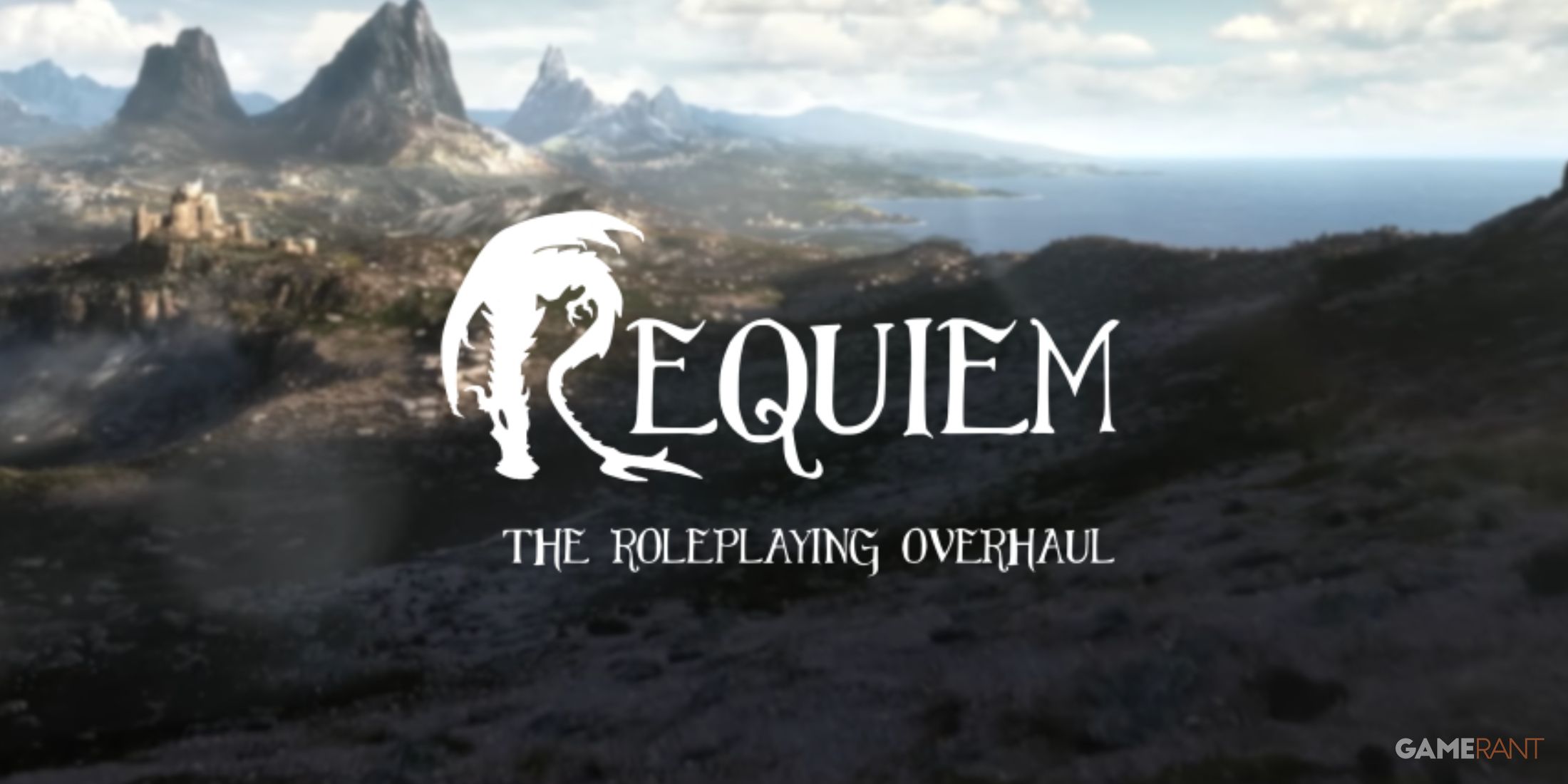
Fans have been expressing discontent for quite some time over Bethesda’s gradual move towards creating games that appeal to a wider, more casual audience instead of sticking to their traditional style. This trend, evident not just in the Elder Scrolls series but across all their recent releases, needs careful reconsideration from the studio, especially with The Elder Scrolls 6 approaching release. Given the anticipation surrounding this game, which has been in development for 14 years, it’s crucial that Bethesda takes a moment to reflect on what fans truly want to ensure that The Elder Scrolls 6 meets their expectations. The positive reception of the Oblivion Remastered doesn’t negate the potential backlash if The Elder Scrolls 6 falls short when it matters most.
Instead of many other studios, Bethesda possesses a straightforward method to determine the preferences of their players for The Elder Scrolls 6 – they can simply examine the modding community associated with Skyrim. This community offers valuable insights into the interests and tastes of fans of The Elder Scrolls series. It’s a beneficial position to be in, and Bethesda would be missing an opportunity if they didn’t utilize this resource.
Popular mods like Requiem – The Roleplaying Overhaul serve as examples of how the community’s preferences have shifted over time, what works well, and what doesn’t. One of the most notable changes made by Requiem is the “de-leveling” or “unleveling” of Skyrim, which eliminates level scaling from the open-world game entirely. Bethesda could potentially apply lessons learned from mods like Requiem when developing The Elder Scrolls 6, as an unleveled world could lead to a more engaging and satisfying experience for players.
The Elder Scrolls 6 Would be Wise to Leave Oblivion and Skyrim Behind

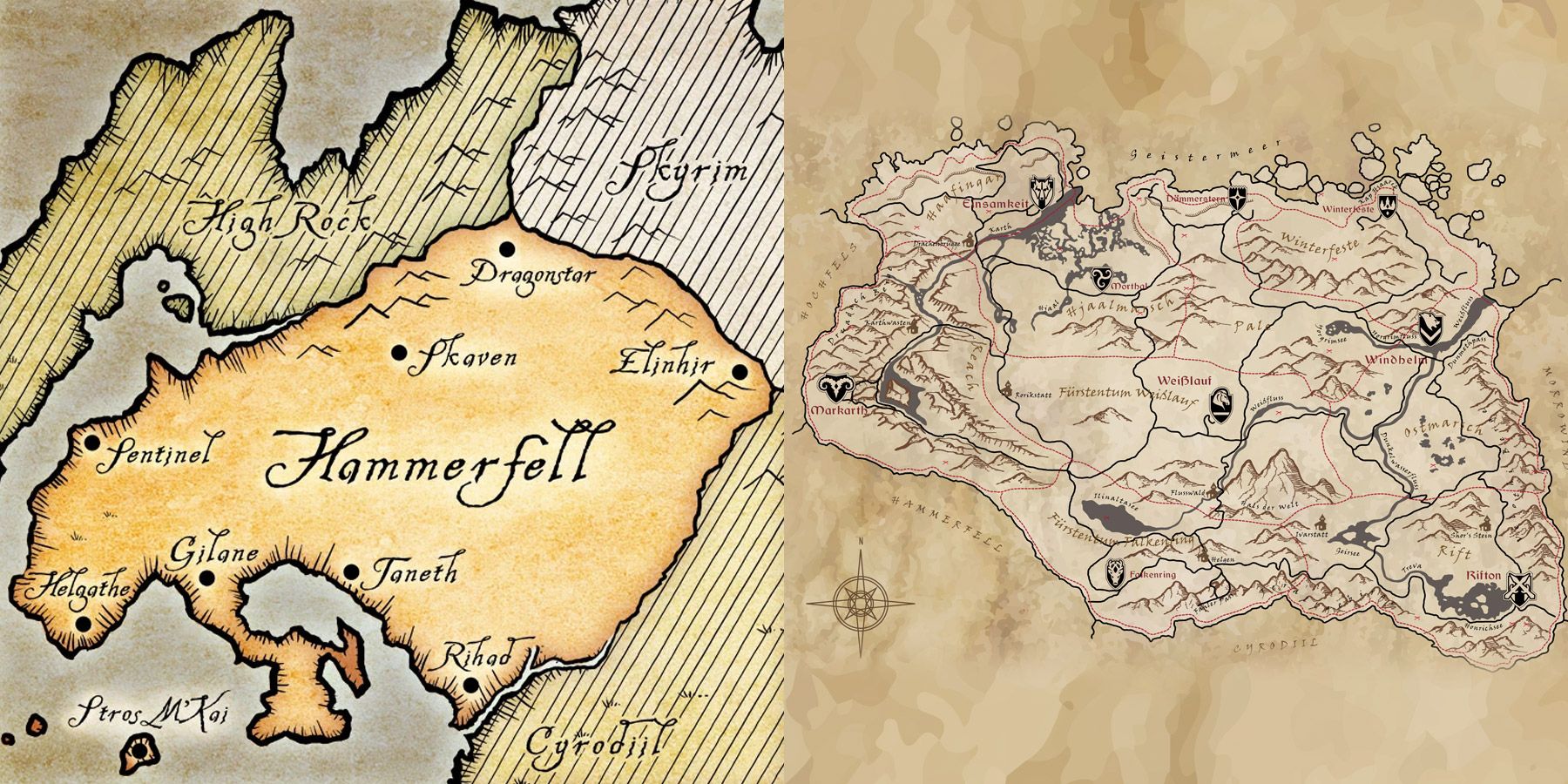
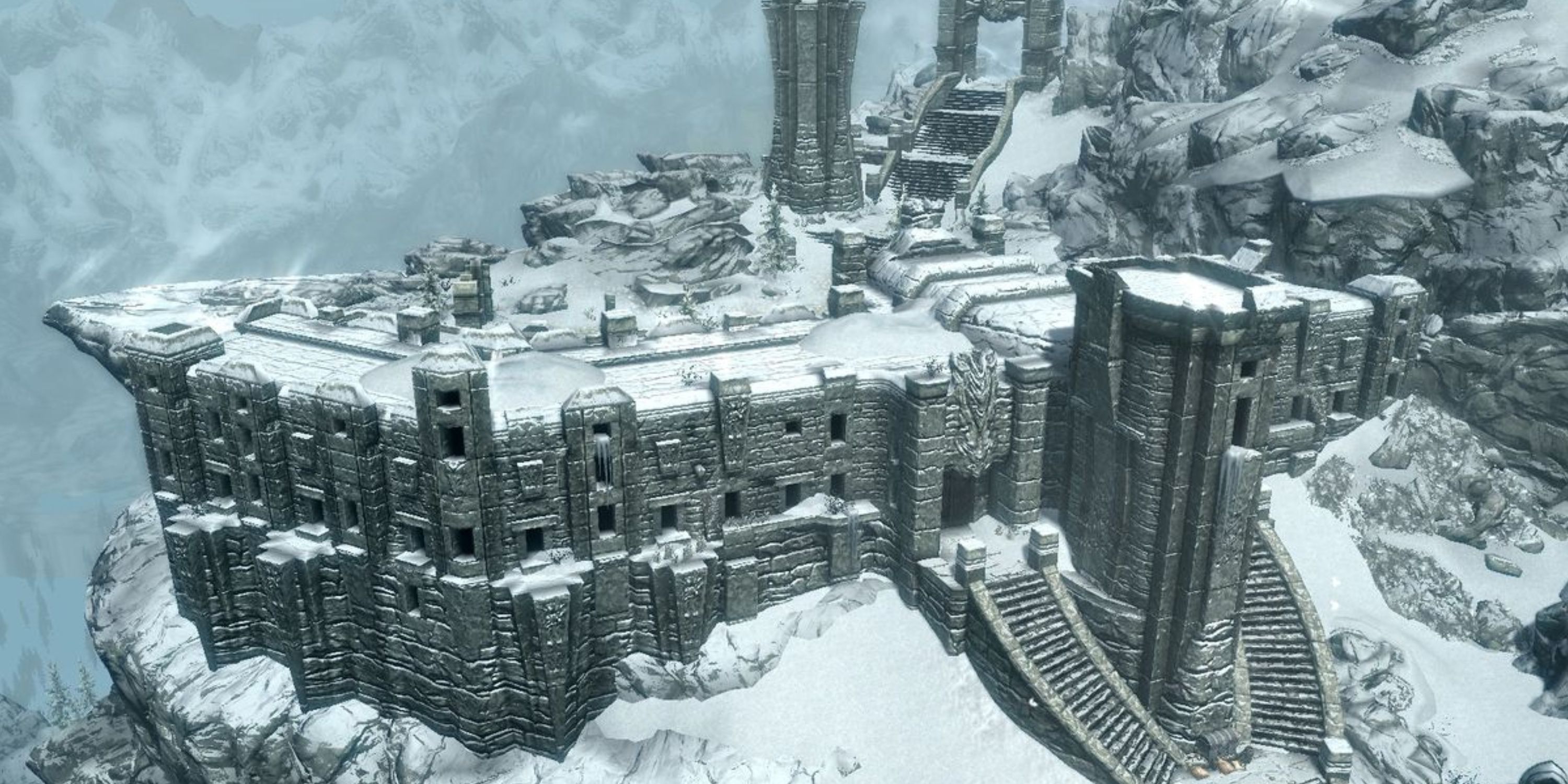
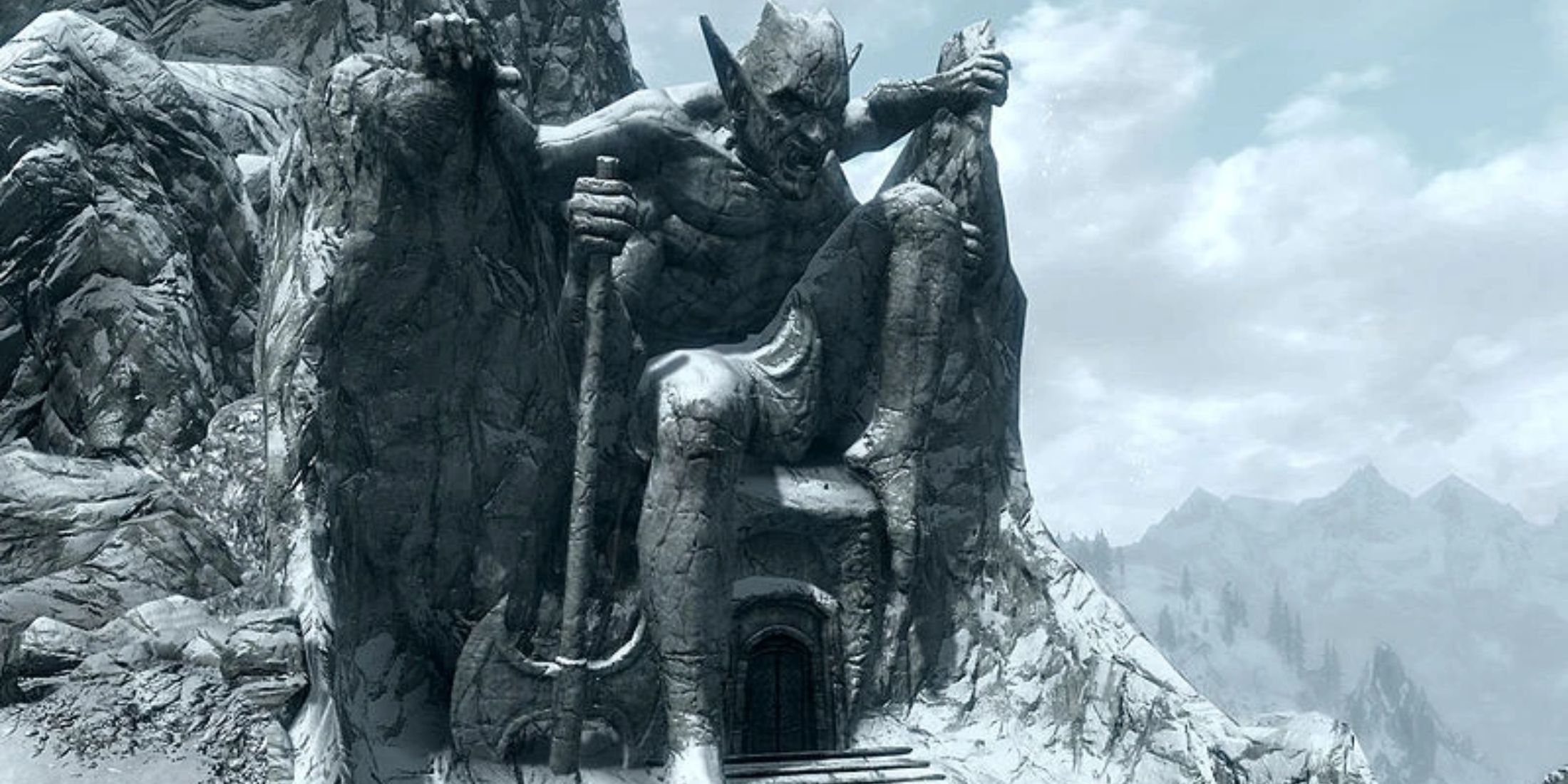
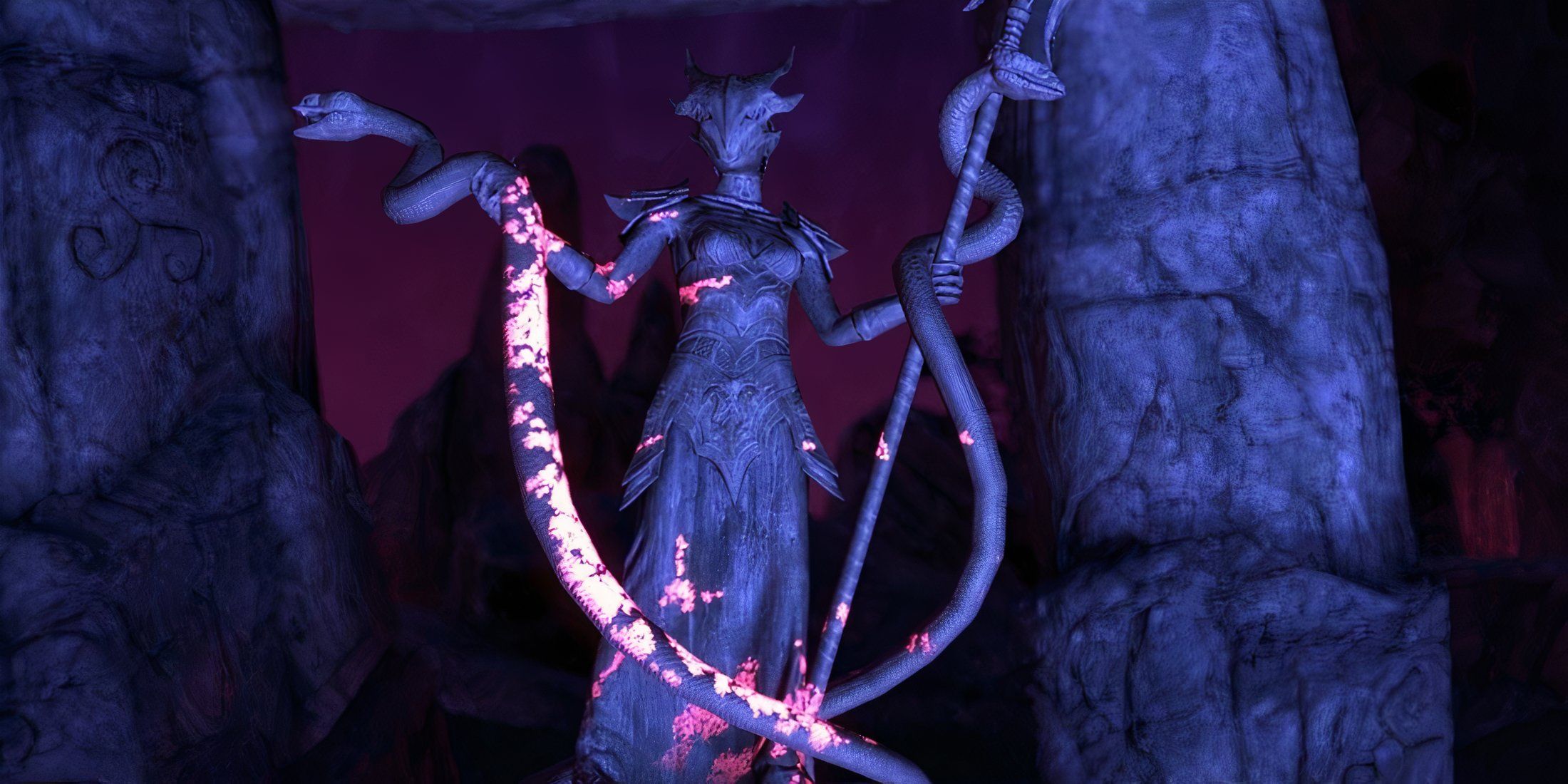
Level Scaling is Outdated World Design
In games like “Oblivion” and “Skyrim”, the game world adjusts to the player’s character level, ensuring that a starting character (level 1) encounters only challenges appropriate for their current level. As the character progresses and levels up, all enemies in the game world also increase in level accordingly. So, a mudcrab fought at level 10 would be as powerful as a level 10 mudcrab, and if the same mudcrab were encountered at level 100, it would be a formidable level 100 mudcrab. In this type of game world, threats are dynamically adjusted to either pose an appropriate challenge or accommodate the player’s growing power.
In simpler terms, it’s disappointing and breaks the immersion when, whether you’re at level 1 or 100, fighting a dragon in the game doesn’t feel much different. It’s unrealistic for a low-level character who quickly completes the main story to then stand a chance against a powerful being like Alduin, the World Eater, who is essentially a god. This inconsistency weakens the sense of power and adventure that the game aims to provide.
In the game mod “Requiem – The Roleplaying Overhaul”, the level system in Skyrim is removed, meaning that enemies maintain their intended strength regardless of the player’s character level. For example, a mudcrab will always be level 1, whether it’s being attacked by a level 1 character or a level 10 Dragonborn. The number of strikes required to defeat the mudcrab remains consistent across all levels. Similarly, draugr are designed to pose a significant challenge for an average warrior in Skyrim, so they maintain that difficulty level. Dragons in Skyrim are intended to be strong enough to potentially destroy entire cities, and as such, retain that strength. Miraak is meant to be one of the strongest beings in the world, so he remains challenging throughout the game. Essentially, the Dragonborn’s growth in power comes from progression through the game, not because enemies are artificially weakened.
An Unleveled Elder Scrolls 6 Would Make Loot Exciting Again
The concept of level scaling isn’t limited to enemy levels; it extends to rewards and loot as well. In games like Oblivion and Skyrim, quest rewards and items found in chests adjust based on your character’s level. For instance, if you receive an item at level 1 as a quest reward, it will be the least powerful version of that item, which will soon become outdated as you progress through the game. Conversely, if you obtain the same item at level 25 or higher, it would be the most potent version of itself. This system encourages players to delay engaging with significant content until the later stages of the game. Activities such as closing Oblivion Gates and hunting for powerful artifacts are more effective when performed after you’re nearly finished with the game, not at the beginning.
In Requiem, all loot remains stationary, which means a lower-level character can obtain high-level items like Daedric artifacts without facing penalties. These powerful items retain their enchantments as if they were at level 50, ensuring fairness and logic. This removes the urge to strategically manipulate quest sequences (known as metagaming), allowing players to enjoy their earned rewards without any restrictions or hidden rules.
The Elder Scrolls 6 Could Take Morrowind’s Approach

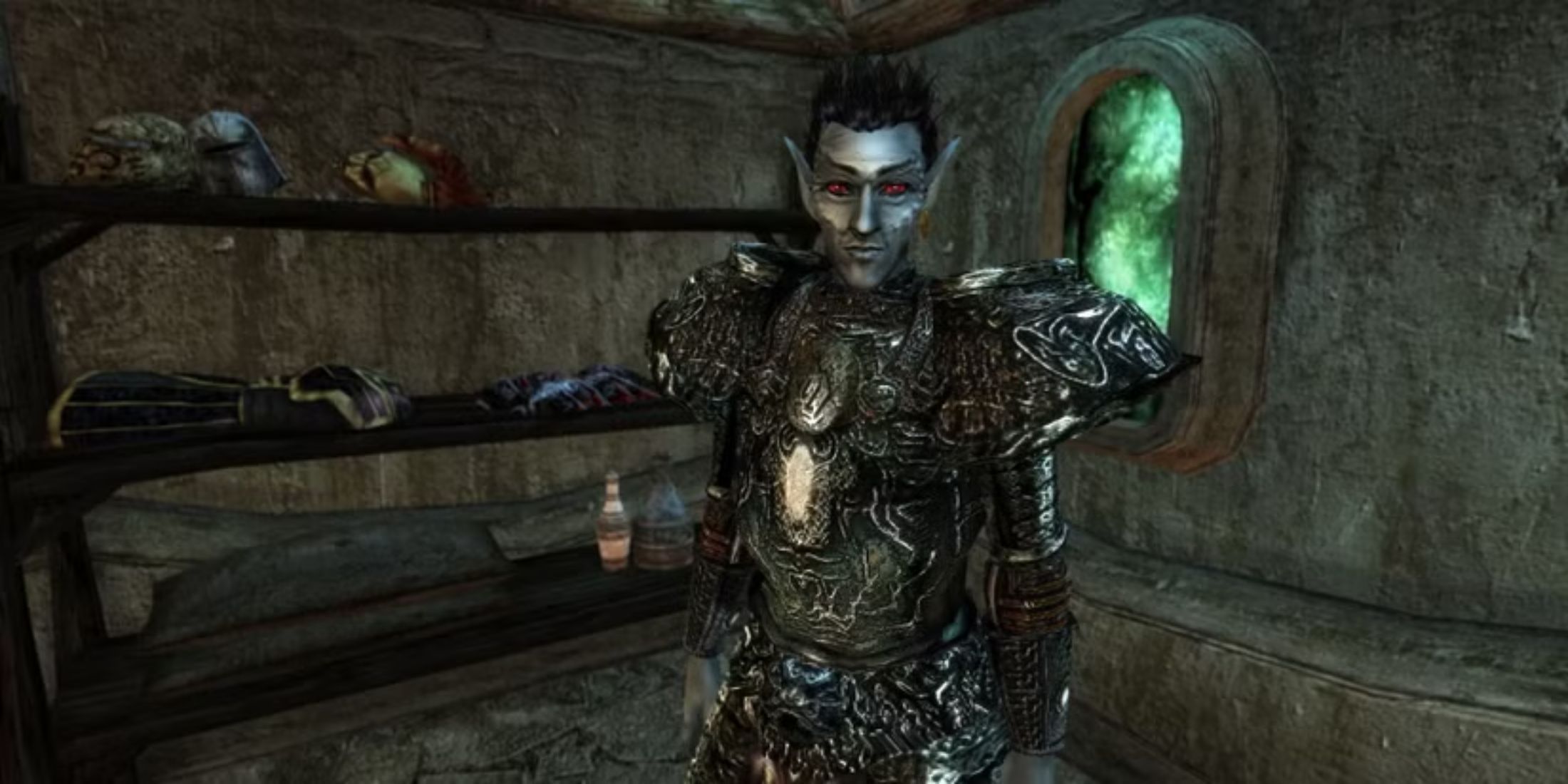

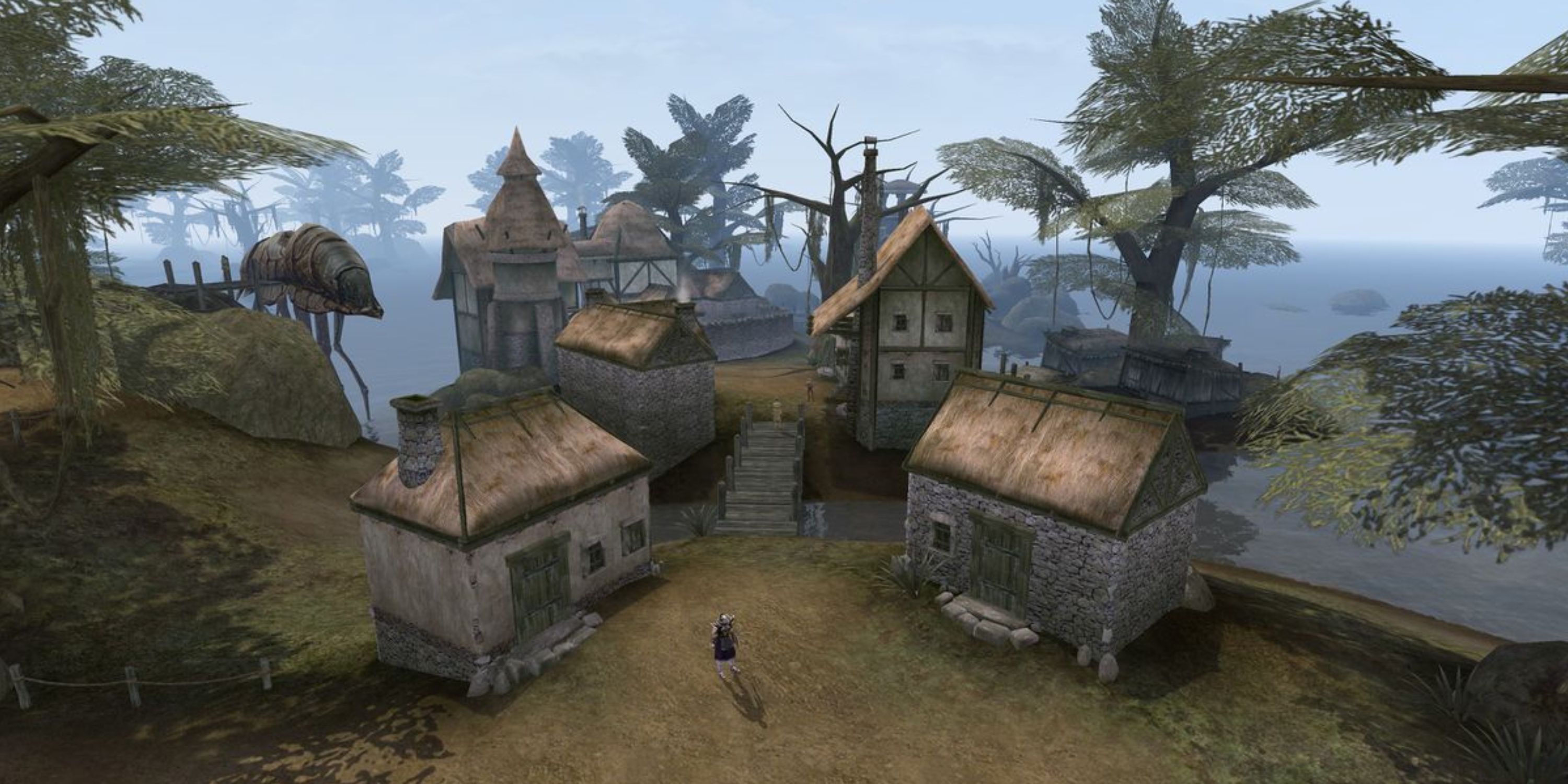
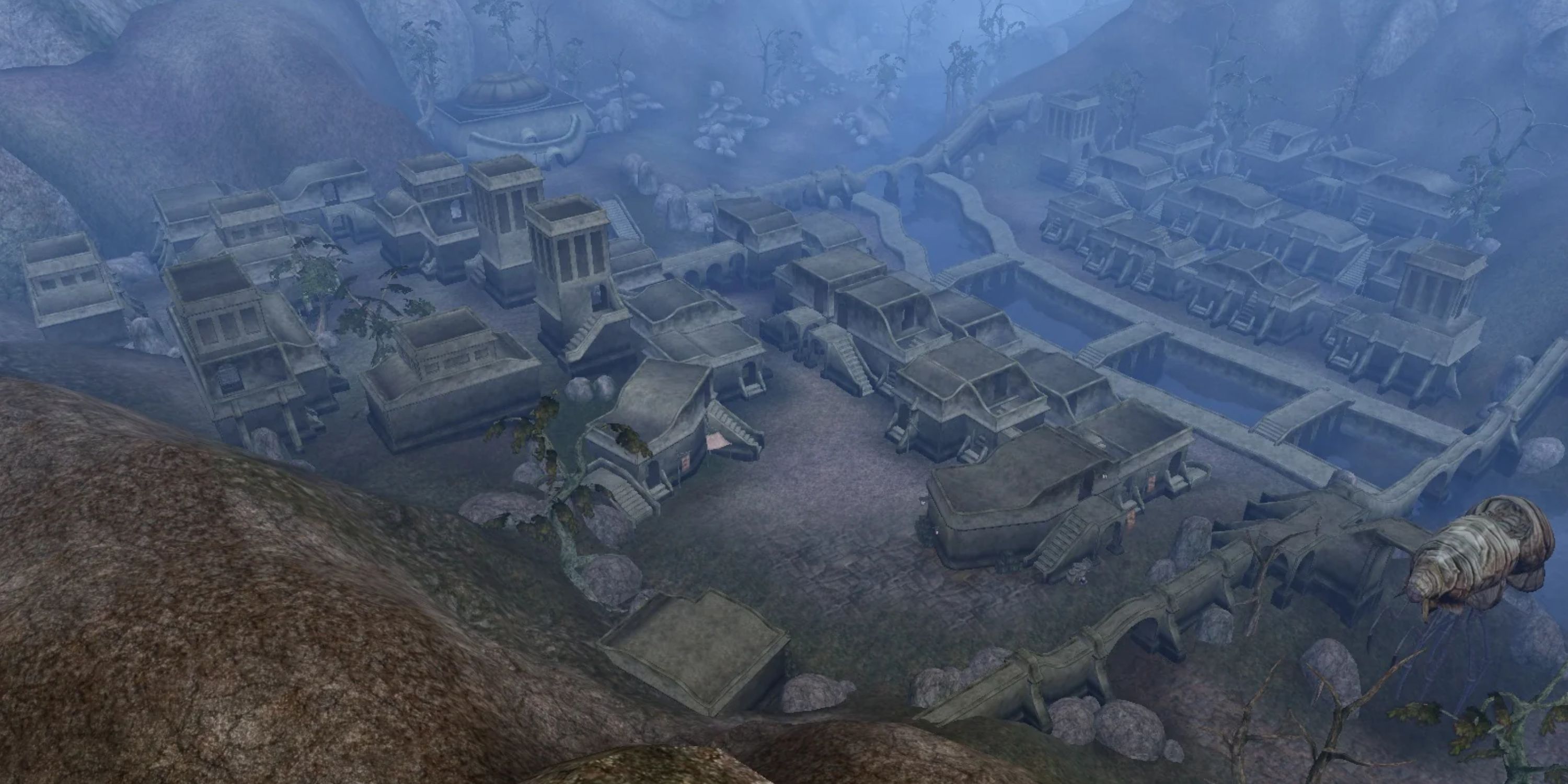
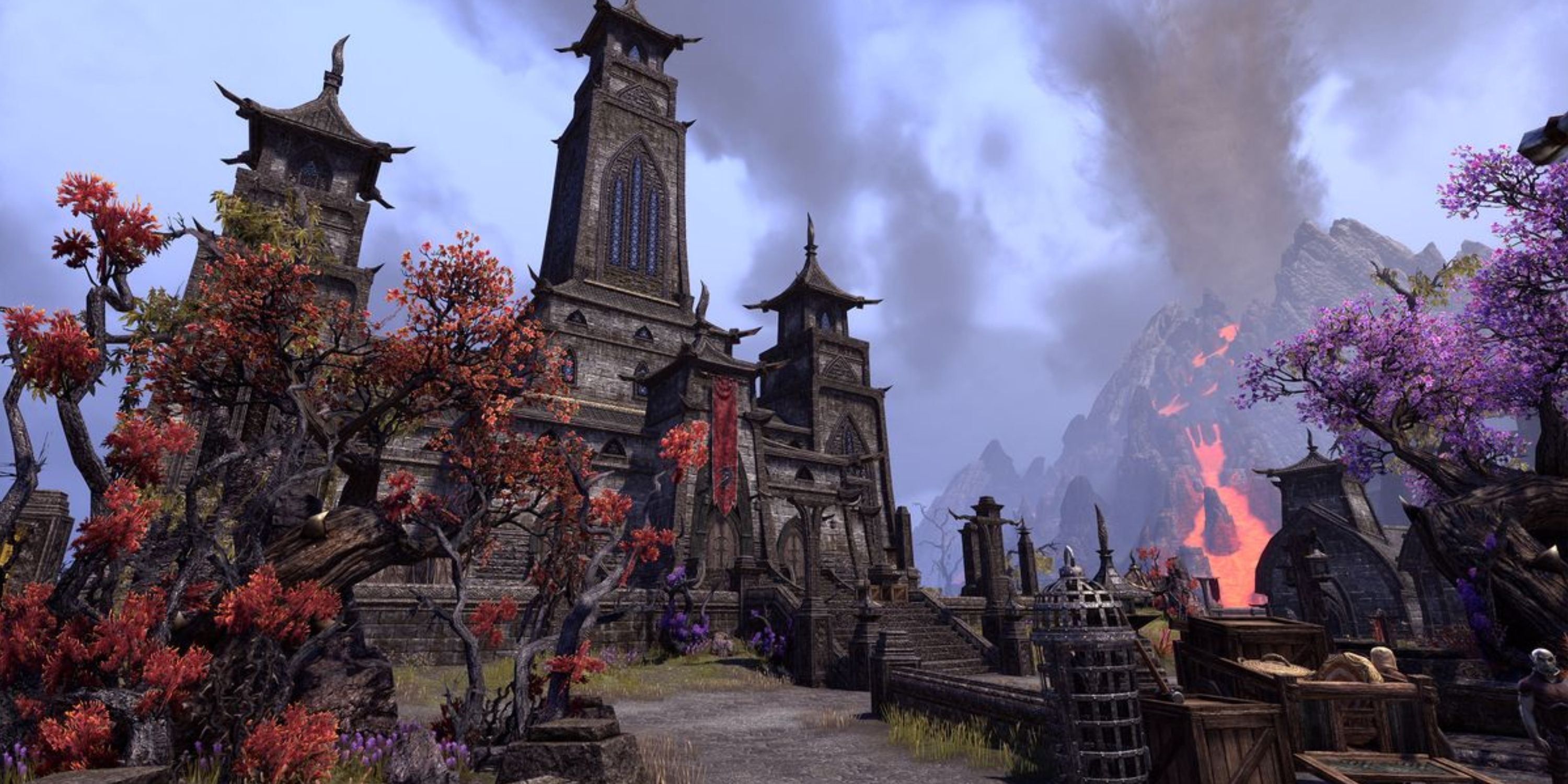
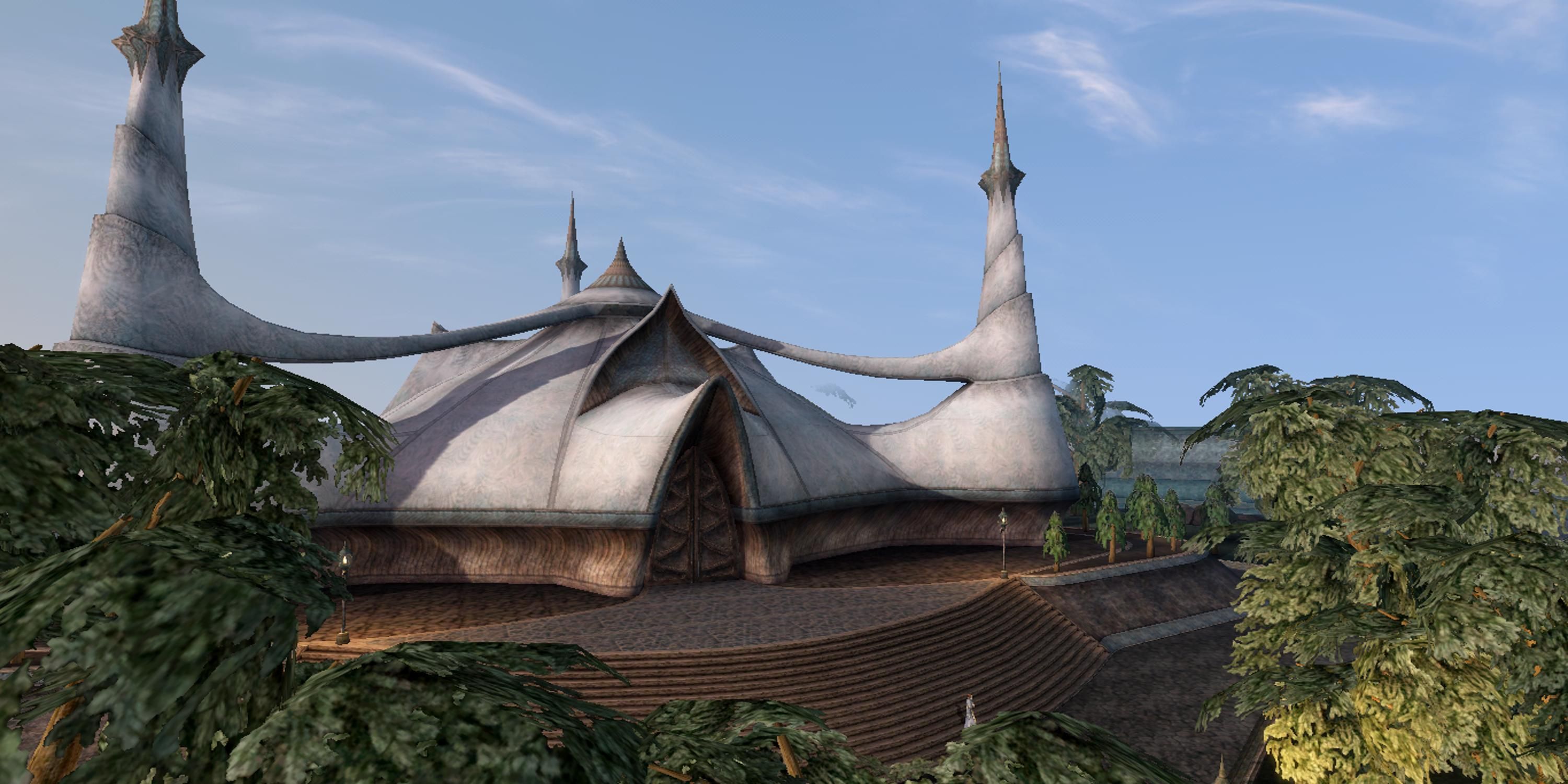
Partial Level Scaling is a Decent Middle Ground
If the idea of a completely non-balanced world seems too harsh or confining in The Elder Scrolls 6, Bethesda might find Morrowind an inspiring source. Morrowind effectively employed partial level adjustment to boost immersion rather than disrupt it. Unlike most enemies and bosses in Morrowind, which had fixed levels, scaling was used sparingly and with careful consideration, ensuring narrative coherence when it did occur.
As a gamer, stepping into a Daedra-haunted cave at level 1 puts me up against weaker foes such as Scamps. But when I revisit the same cave at level 10, I encounter Flame Atronachs instead. It’s not that the Scamps got stronger out of nowhere; they were swapped out for more formidable Daedra, which fits well within the game’s storyline.
One issue often raised about non-graded open-world maps is they restrict lower-level players’ exploration. However, for the highly anticipated game The Elder Scrolls 6, this should not be a problem due to Bethesda’s reputation for crafting vast open worlds. With such high anticipation, it’s expected that The Elder Scrolls 6 map will significantly surpass its predecessors in size. An excellent application of this expansive area could be the creation of an ungraded open world inspired by Requiem and Morrowind designs.
As a dedicated fan, I can’t help but express my anticipation for The Elder Scrolls 6 as a potential comeback, a chance for Bethesda to regain the momentum lost due to the buzz surrounding Starfield. While level scaling has its merits, it’s high time we move beyond it, and with the valuable feedback, advanced tools, and ardent fanbase at their disposal, the developers are uniquely positioned to do just that. Whether they opt for a fully non-leveled world or a more strategic application of level scaling as seen in Morrowind, remains to be seen. However, one thing is certain: The Elder Scrolls 6 must learn from its past missteps and the solutions devised by the fans.
Read More
- Clash Royale Best Boss Bandit Champion decks
- Mobile Legends: Bang Bang (MLBB) Sora Guide: Best Build, Emblem and Gameplay Tips
- Vampire’s Fall 2 redeem codes and how to use them (June 2025)
- Best Hero Card Decks in Clash Royale
- Best Arena 9 Decks in Clast Royale
- Dawn Watch: Survival gift codes and how to use them (October 2025)
- Clash Royale Furnace Evolution best decks guide
- Clash Royale Witch Evolution best decks guide
- Wuthering Waves Mornye Build Guide
- ATHENA: Blood Twins Hero Tier List
2025-05-20 15:37